Bearded dragons are popular pets that look distinct and are known for being friendly. If you have one as a pet, you need to feed it the right food to keep it healthy. Bearded dragons eat bugs and greens most of the time, but you might wonder if fruit is okay for them every now and then.
Pears are sweet and juicy, which might make you think they’d be a good treat for your bearded dragon. In this guide, we’ll talk about whether bearded dragons can have pears and if they are safe for your pet lizard.
Table of Contents
- Learning About Bearded Dragons
- What Bearded Dragons Usually Eat
- Wild Diet
- Store-Bought Food
- Extra Vitamins and Minerals
- Including Fruit in a Bearded Dragon’s Diet
- Is It Okay for Bearded Dragons to Have Pears?
- What’s Good About Pears for Bearded Dragons?
- Benefits of Giving Pears to Bearded Dragons
- Vitamins and Minerals in Pears
- Water in Pears
- Fiber in Pears
- Things to Think About When Feeding Pears to Bearded Dragons
- Oxalates in Pears
- How Much Pear Is Okay?
- Upset Stomach
- How to Get Pears Ready for Bearded Dragons
- How to Give Pears to Bearded Dragons
- Signs Your Bearded Dragon Might Have a Food Problem
- Conclusion
- FAQs
- Can bearded dragons eat the skin of pears?
- How often should I feed pears to my bearded dragon?
- Can bearded dragons eat canned pears?
Learning About Bearded Dragons
Bearded dragons are reptiles that are awake during the day. They naturally live in the dry areas of Australia and eat a mix of bugs, small animals, and plants.
To keep a pet bearded dragon healthy, it’s best to feed it foods close to what it would find in the wild.
What Bearded Dragons Usually Eat
A bearded dragon’s usual diet includes insects like crickets and mealworms, along with greens and veggies. This mix is full of the protein, vitamins, and minerals they need to be healthy.
Owners often add extra nutrients to their dragon’s diet, and some fruits can be a tasty source of new flavors and vitamins for them.
Wild Diet
In their natural environment, bearded dragons eat various insects such as crickets, mealworms, silkworms, and even roaches.
These insects are loaded with protein for growth, and the plants they eat give them more nutrients. Sometimes, they also munch on fruits they find out there.
Store-Bought Food
There are also special bearded dragon foods you can buy at the store for a balanced diet.
These foods are made with the right mix of protein, vitamins, and minerals that bearded dragons need. But fresh veggies and some insects should still be part of their meals for a well-rounded diet.
Extra Vitamins and Minerals
Bearded dragons often get extra vitamins and minerals from powders or liquids added to their food.
These supplements help prevent bone diseases and keep them healthy overall. A vet with reptile experience can tell you exactly what supplements to use and how much.
Including Fruit in a Bearded Dragon’s Diet
Fruit isn’t a big part of what bearded dragons eat, but some fruits can be given to them now and then for extra nutrition and water. It’s important to choose fruits that are good for them and won’t harm their health.
Is It Okay for Bearded Dragons to Have Pears?
Yes, bearded dragons can eat pears as a special snack. Pears have vitamins, minerals, and a lot of water. But they should only be given as a treat, the skin should be taken off, and you should watch out for any stomach troubles or bad reactions afterward.
What’s Good About Pears for Bearded Dragons?
Pears have vitamins like vitamin C and K, plus they have fiber. They also have minerals like potassium, copper, and manganese. All these help with things like a strong immune system, healthy bones, good digestion, and other body functions.
Benefits of Giving Pears to Bearded Dragons
If you give pears to your bearded dragon the right way, it can be a nice boost to its diet. Here are some benefits they can get from eating pears:
Vitamins and Minerals in Pears
Pears have important vitamins and minerals. Vitamin C can help the immune system, Vitamin K is good for bones and blood, potassium helps keep the right water levels in the body, and copper and manganese are good for digestion.
Water in Pears
Another good thing about giving pears to bearded dragons is that pears have a lot of water. Drinking enough water is very important for reptiles—it helps them stay at the right temperature and keeps their organs working right. Pears can be a tasty way for them to get more water.
Fiber in Pears
Pears are also a source of fiber, which helps with digestion. Bearded dragons need fiber to keep their tummies happy and working well.
Things to Think About When Feeding Pears to Bearded Dragons
Even though pears have benefits, there are some things you need to be careful about when you offer them to your bearded dragon.
Oxalates in Pears
Pears, like some other fruits, have substances called oxalates. Oxalates can make it hard for bearded dragons to absorb calcium, and this could lead to a bone disease. It’s very important to make sure your dragon gets the right amount of calcium in its diet.
How Much Pear Is Okay?
Remember, pears should not be a big part of a bearded dragon’s diet. They should only get pears sometimes as a small part of a meal, not all the time. Too much pear can cause problems because of the sugar and oxalates in them.
Remember that pears are a treat and not a main part of what reptiles like bearded dragons eat. Insects and veggies should make up most of their meals for good health.
Upset Stomach
Sometimes, when you give bearded dragons new kinds of food, like pears, they might get an upset stomach. This could mean diarrhea, feeling bloated, or changes in how often they go to the bathroom. If this happens, you should talk to a vet who knows about reptiles and think about changing their meals.
How to Get Pears Ready for Bearded Dragons
If you want to give pears to your bearded dragon, you need to get them ready the right way. Make sure the pears are safe to eat by following these steps:
- Choose pears that are just right, with no bad spots or mold.
- Wash the pear well to get rid of dirt or bug spray.
- Take the skin off because it’s hard for the bearded dragons to digest.
- Take out the middle part and the seeds since they could make your dragon choke or upset their stomach.
How to Give Pears to Bearded Dragons
Here are some tips to follow when you’re giving pears to your bearded dragon:
- Chop the pear into little pieces that are easy to eat.
- Give them pears only once in a while, mixed in with their usual meals, not as the main thing they eat.
- Watch how your bearded dragon acts after eating pears. Look for any change in their poop or if they seem upset or allergic.
- If your dragon seems to have a bad reaction, stop giving them pears and talk to a vet.
Signs Your Bearded Dragon Might Have a Food Problem
Every bearded dragon is different, so they may react differently to new foods like pears. Keep an eye out for signs that the food isn’t agreeing with them:
- Diarrhea
- Throwing up
- Being very tired
- Not wanting to eat
- Getting a rash or itchy skin
If any of these things happen, stop giving them pears right away and get advice from a vet.
Conclusion
Pears can be a good treat for your bearded dragon once in a while. They have vitamins, minerals, and help keep your dragon hydrated. But remember to give them pears just sometimes, pay attention to how much oxalate they have, and watch out for signs of tummy trouble or allergies.
Most importantly, the main thing your bearded dragon eats should still be bugs and leafy greens.

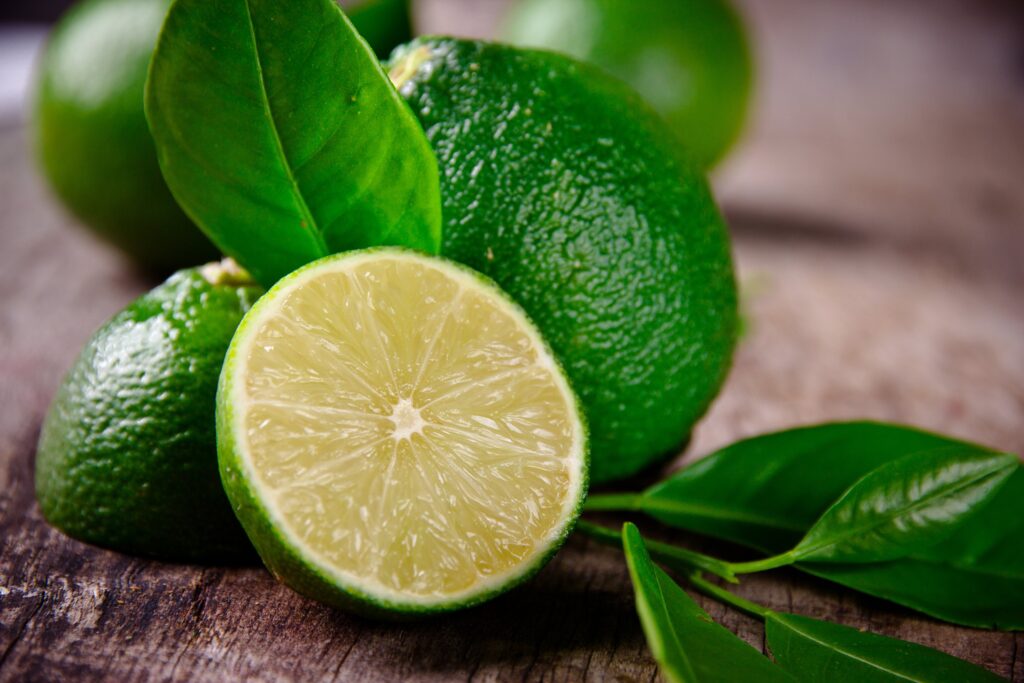
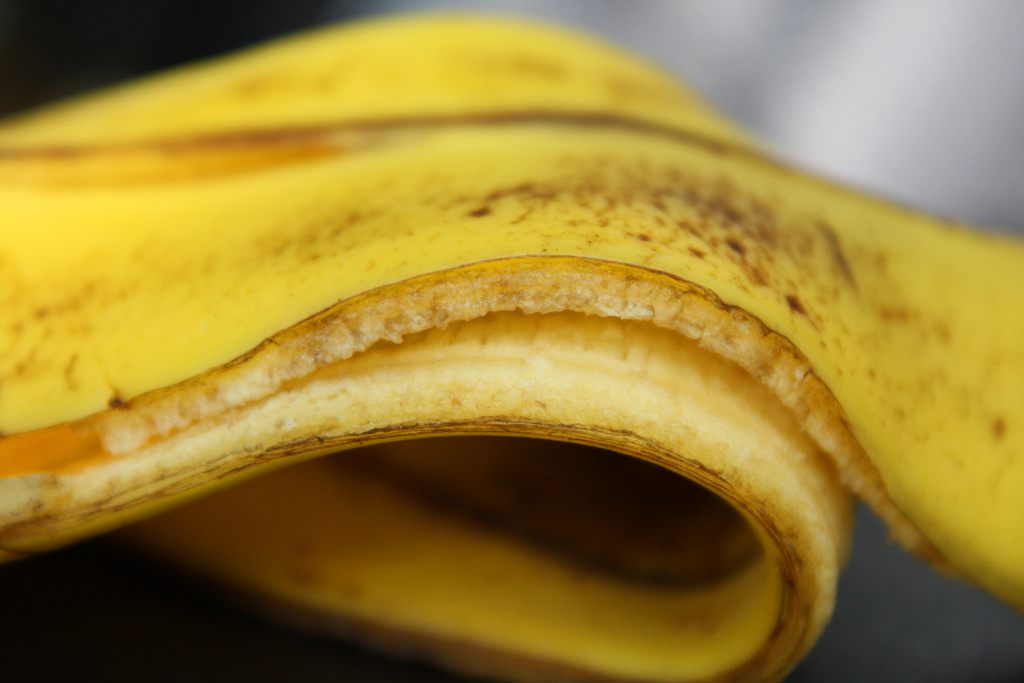
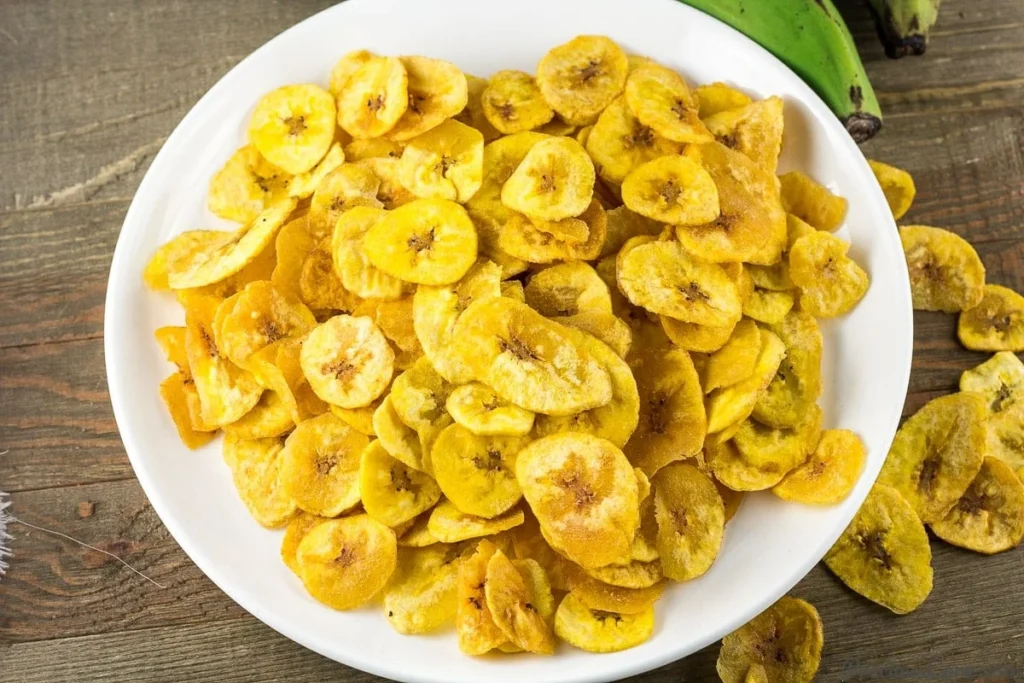

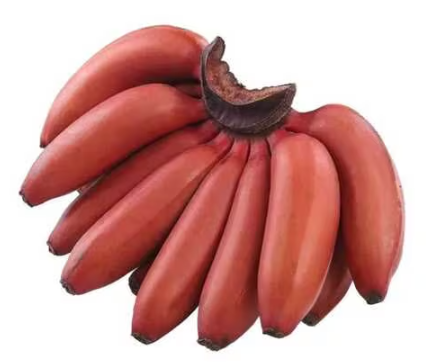
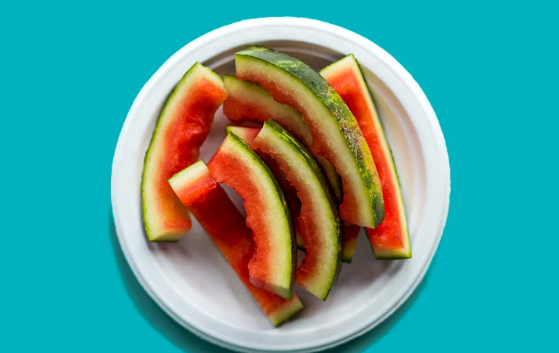
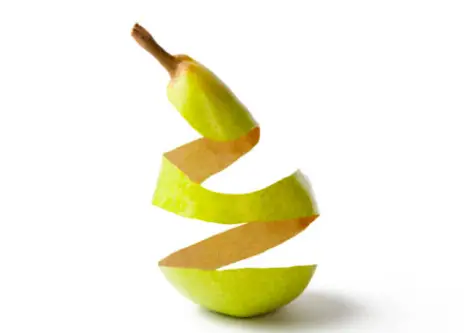
![What Is the National Fruit of Afghanistan and Why? [ANSWERED]](https://fruitonix.com/wp-content/uploads/2023/04/pomegranate.webp)